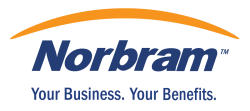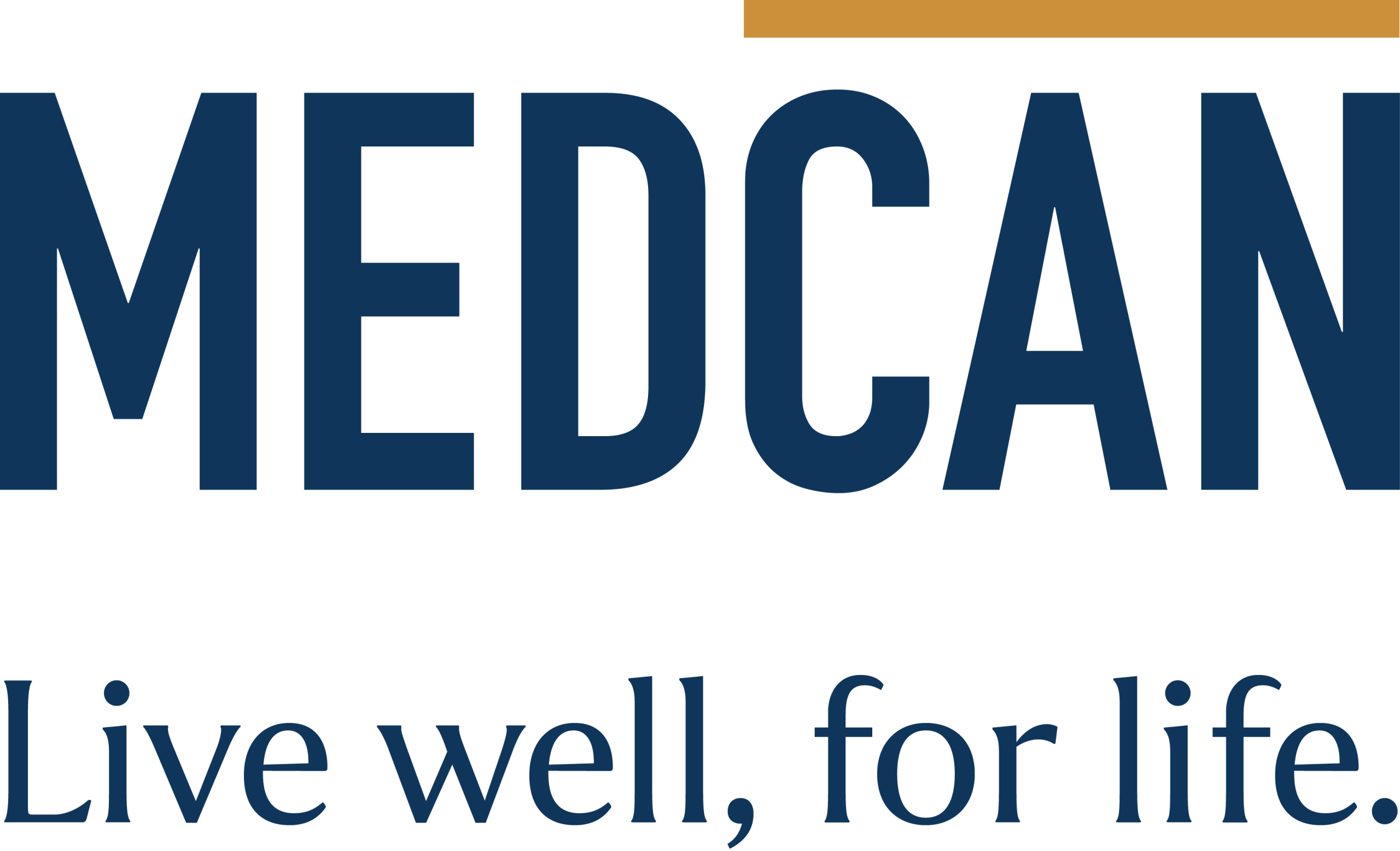When it comes to maximizing the value of your Chambers Plan group benefit coverage, Cost Plus is a powerful tool that can help both employers and employees. This tax-efficient solution is designed to reimburse health, dental, or vision care expenses not covered under your regular plan — often on a tax-free basis for employees while providing a deductible business expense for the company.
What Is Cost Plus?
Cost Plus is a proven, tax-effective way to cover Health, Dental, or Vision Care expenses that aren’t eligible under your standard Chambers Plan coverage. When structured properly, Cost Plus is considered a Private Health Services Plan (PHSP), which is recognized by the Canada Revenue Agency (CRA).
This means eligible expenses can be reimbursed by the company and claimed as a business expense — just like regular group insurance premiums. For employees, these reimbursements are typically non-taxable (except in Quebec, where provincial tax rules apply).
Cost Plus covers all medical supplies and services deemed eligible under the Canadian Income Tax Act. This includes:
Expenses exceeding plan limits
Co-insurance amounts
Treatments not currently covered under the plan, such as orthodontics
Who Can Use Cost Plus?
Cost Plus can be used by many businesses, but there are rules and limits depending on the company structure:
Incorporated Businesses: All employees are eligible. There are no specific dollar limits, but expenses must be reasonable and incurred for the purpose of earning business income to be deductible.
Unincorporated Businesses with Unrelated Employees: All employees, including the owner, are eligible. However, the deduction for the owner is limited to the cost of equivalent coverage provided to employees.
Unincorporated Businesses with Only Related Employees: The owner, spouse, and dependents can be covered, but the deductible limit is $1,500 for the owner and spouse, plus $750 per dependent child. For a family of four, this equals a maximum deduction of $4,500.
Unincorporated Businesses with No Employees: Not eligible for Cost Plus.
Getting Started with Cost Plus
To implement Cost Plus, an employer must have an obligation in the employee’s contract of employment to reimburse eligible expenses. Even without a formal contract, adding a written addendum to your group insurance booklet is sufficient to outline the program’s availability.
There’s no claim limit for the amount of medical expenses reimbursed, but the expenses must be reasonable to qualify as a deductible expense. Employers can also set different claim limits for various employee classes within the company.
Cost Plus for Shareholders
Shareholders can take advantage of Cost Plus if they are actively employed by the company, and the benefit is provided as part of their role as an employee. In such cases, the reimbursement is deductible for the corporation and non-taxable for the individual. However, if CRA determines the benefit is received in their capacity as a shareholder, it becomes a taxable benefit and is no longer deductible by the company.
How to Make a Claim
Submitting a Cost Plus claim is simple:
Submit a Cost Plus claim form with original receipts for eligible expenses.
The plan administrator will notify you of the total amount to be withdrawn from your account, including applicable taxes and administrative fees.
The employee will be reimbursed for the claim once processed.
Administrative Fees:
With an Extended Health or Dental benefit: 8% of the claimed expense (up to a $200 maximum per claim).
Without an Extended Health or Dental benefit: 12% of the claimed expense (no maximum).
Example:
An employee in a 50% tax bracket with $3,000 in orthodontic expenses would need to earn an additional $6,000 before tax to pay out-of-pocket. With Cost Plus, the company pays $3,000 plus applicable fees and taxes — cutting the cost in half.
Important Considerations for Employers
Employers are responsible for ensuring all Cost Plus claims meet CRA eligibility requirements. To minimize risk:
Document Cost Plus availability for employees, including any dollar limits.
Ensure claims are only submitted for eligible individuals.
Maintain clear records showing Cost Plus is offered to employees as part of their overall compensation package.
Risks and CRA Guidelines
Cost Plus is widely recognized and has been used for years, but as with any tax-related benefit, there are risks. Common risk factors include:
The size of the claim — larger claims are more likely to be reviewed by CRA.
The relationship of the claimant to the business — claims by shareholders may be scrutinized more closely.
Proper documentation — make sure entitlement and claim processes are well-documented.
Equal availability — offering Cost Plus only to shareholders could trigger additional tax considerations.
Proper setup and documentation, along with reasonable claim limits, help minimize these risks and ensure compliance.
Final Thoughts
Cost Plus is a cost-effective, tax-efficient way to enhance your group benefit program, providing valuable flexibility for businesses and employees alike. Whether you’re looking to cover health and dental expenses not included in your plan or to maximize the value of your benefits program, Cost Plus is a strategic solution that works.
This information is provided for general guidance only and is not intended as tax advice. Employers should consult with their tax advisor to ensure proper setup and compliance with CRA regulations.






